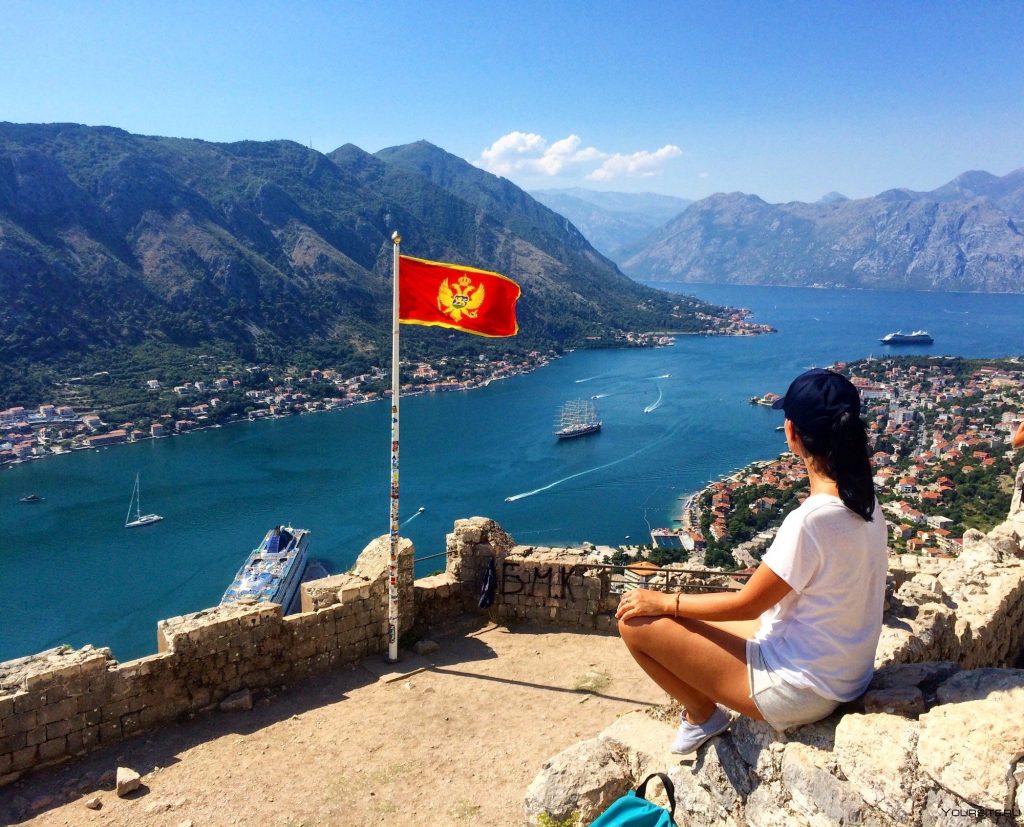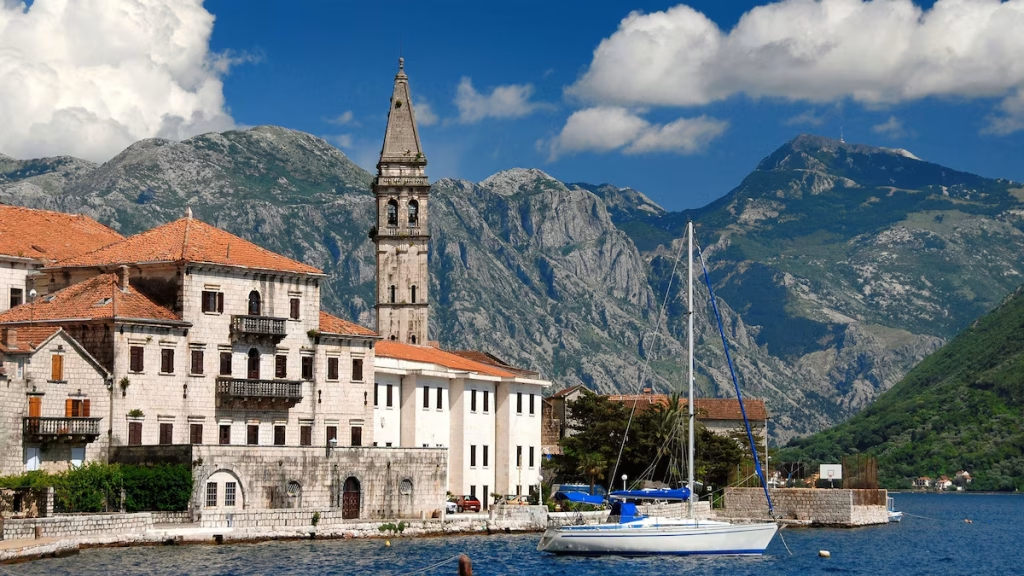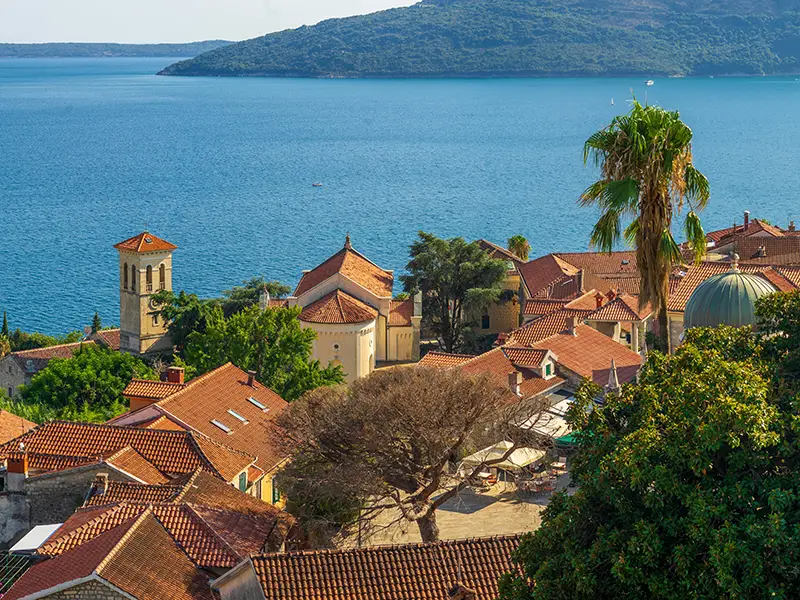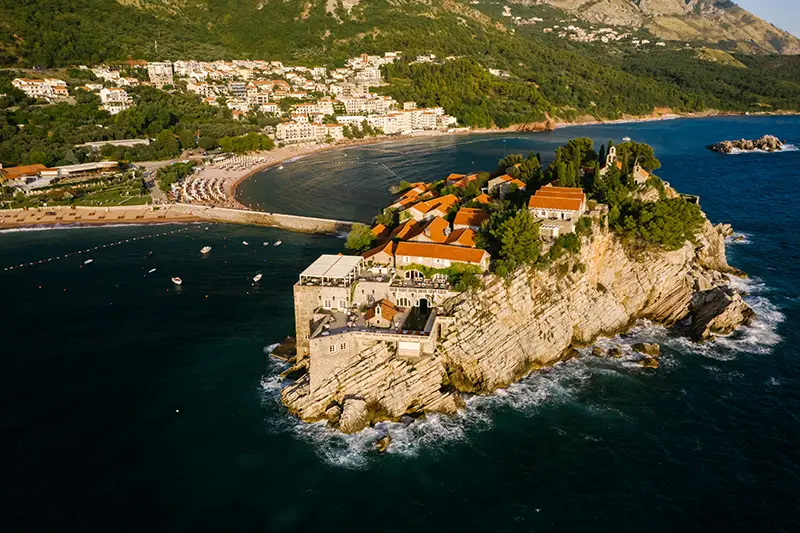Citizenship by naturalization has long been transformed from an abstract legal procedure into a strategic tool. This decision is often based not only on the desire to strengthen the legal status, but also on a specific calculation: access to international opportunities, change of tax jurisdiction, protection of rights, freedom of movement. The naturalization process forms a separate trajectory that requires an understanding of the mechanisms and nuances, from the length of residence to proof of integration.
Any path to citizenship by naturalization begins with a temporary permit. First, a visa. Then, a residence permit. Later, a permanent residence permit. Only after continuous residence in the country for several years does a foreigner have the opportunity to apply for a passport.
In most jurisdictions, the applicant must provide proof of:
actual residence on the territory;

a language level sufficient for communication and understanding of legislation;
a legitimate source of income and no dependence on social benefits;
loyalty to the state;
legal purity (absence of criminal record and violations of the stay regime).
 Montenegro offers one of the most loyal regimes for those who are looking for a path to citizenship by naturalization. The applicant goes through the process in several steps: registration of the place of residence, obtaining a residence permit based on employment, business or education, then permanent residence and only after that — the application.
Montenegro offers one of the most loyal regimes for those who are looking for a path to citizenship by naturalization. The applicant goes through the process in several steps: registration of the place of residence, obtaining a residence permit based on employment, business or education, then permanent residence and only after that — the application.
Naturalization conditions include continuous residence for 10 years, proficiency in the Montenegrin language at the household level, and integration into local society. It is important to demonstrate respect for traditions and laws. Additionally, taxes and employment are taken into account. If the rule is violated, the countdown starts again.
To successfully obtain citizenship, it is important to have a clear strategy. Each step has specific requirements:
Get a basis for a residence permit: work, business, education, marriage.
To live on a residence permit for a minimum period of time, observing the migration rules.
Switch to permanent residence and fix permanent domicile.
Confirm your knowledge of the language, take an exam in history and culture.
Collect documents: passport, certificates, proof of income and employment.
Apply, be interviewed, sworn in, and get approved.
Each country uses its own set of filters to evaluate candidates. These include language, history, and economic stability. In the Czech Republic, applicants for citizenship by naturalization must pass an official language test and a Czech history exam. Legal reputation is also checked, as having a criminal record or administrative violations can disqualify applicants.
Financial stability is confirmed not only by income statements, but also by a stable employment history. It is not enough to show a bank balance; it is important to demonstrate that the applicant can support themselves financially.
In countries with a developed legal system, naturalization requirements are stricter. For example, you must have lived in Germany for at least 8 years, pass an exam, confirm integration, renounce your previous citizenship (with rare exceptions) and receive a permanent income without government assistance. Canada sets a threshold of 1,095 days of residence in 5 years, mandatory payment of taxes and participation in society. The oath takes place at a solemn ceremony, and the process itself includes testing and interviews.
Naturalization citizenship is not just a technical process. This is the recognition of the applicant as a part of society. Many countries evaluate not only facts, but also behavior: participation in volunteer initiatives, social activity, and family ties. Integration becomes the key. In France, a foreigner must prove respect for local traditions, respect for cultural norms and an understanding of the values of the republic. The support of the employer, the presence of friends and involvement in local initiatives strengthen the position.
Some countries offer a more direct route. Investing in real estate or funds allows you to shorten the time. Montenegro offered an investment program with an investment of 250,000 euros in real estate and an additional contribution of 100,000 euros to the state fund. The passport provided such a way after 6-8 months. Dominica, Antigua and Saint Kitts also use similar schemes. The economic alternative is especially relevant for those who are not ready to wait 5-10 years. The accelerated path simplifies obtaining citizenship, although it requires significant investments.
Mistakes and obstacles: what blocks the path to citizenship
Migration authorities regularly reject applications due to the following reasons:
violations of the visa regime and fictitious relocations;
insufficient length of stay;
poor knowledge of language and history;
undeclared income;
hidden criminal record;
fake documents.

Naturalization requires transparency and precision. Even one mistake is a reason for many years of rollback. The applicant is obliged to build a legal, predictable path.
Proper preparation is a key success factor. An applicant who has collected the documents in advance, confirmed his knowledge of the language, successfully passed the exams and demonstrated an active life in the country increases the chances of a quick and positive decision. The final steps include taking the oath, obtaining a national passport and obtaining full legal capacity: voting, social guarantees, protection abroad.
 Citizenship by naturalization remains a universal tool for changing status and expanding rights. The path requires investments of time, energy, and discipline. Each state forms its own naturalization conditions, but the essence remains the same: to prove connection with society, loyalty and compliance with the criteria. For those who are not ready to wait, there remains another route — investing in real estate and expedited registration. A well-chosen strategy turns a passport from a dream into a reality.
Citizenship by naturalization remains a universal tool for changing status and expanding rights. The path requires investments of time, energy, and discipline. Each state forms its own naturalization conditions, but the essence remains the same: to prove connection with society, loyalty and compliance with the criteria. For those who are not ready to wait, there remains another route — investing in real estate and expedited registration. A well-chosen strategy turns a passport from a dream into a reality.
Stable economy, mild climate and affordability make the sunny country attractive to investors from all over the world. Montenegro’s developed property market offers a wide range of properties for purchase – from cosy flats to luxury villas. Tax incentives and simple procedures emphasise the benefits of investment.

The growth in the value of properties over the last five years has exceeded 15%, making the country one of the most promising for investment. Rental yields in tourist regions reach 7-9% per annum. Especially sought after areas of Budva and Kotor, where the tourist flow does not weaken all year round. Investment in property in Montenegro is becoming a stable source of income for many foreign investors.
For example, the average cost per square metre in Budva is 2000-3000 euros, while in Kotor prices range from 1700 to 2500 euros. Convenient infrastructure and attractive views increase the interest of buyers. Montenegro also attracts tourists, which ensures high demand for short-term rentals.
Buying a property in Montenegro starts with finding a suitable property, then the buyer concludes a preliminary contract. Verification of documents takes about 7-10 days. Notary services cost from 300 to 500 euros, and registration of ownership costs about 200 euros.
Stages of the transaction:
Buyers pay a title transfer tax of 3% of the value of the property. This fee compares favourably with similar rates in other European countries, where the figures reach 5-10%. Registration taxes on purchase are about 0.5% of the value of the property in Montenegro. In addition, the cost of housing maintenance varies from 50 to 150 euros per month depending on the area of the object.
Example of calculation:
Buyers also pay an annual property tax, which is 0.25-1% of the cadastral value of the property. For example, for a dwelling worth €150,000, this tax would be around €375-1500 per year. Montenegro offers a transparent and competitive tax system, which makes it particularly attractive to investors.
 The country continues to strengthen its position in the property market, attracting buyers from around the world. Given the prospects and affordability, the investment will live up to expectations. What areas can be considered promising for buying property in Montenegro?
The country continues to strengthen its position in the property market, attracting buyers from around the world. Given the prospects and affordability, the investment will live up to expectations. What areas can be considered promising for buying property in Montenegro?
Budva is a tourist gem of the country with developed infrastructure, magnificent beaches and picturesque views. The average cost per square metre ranges from 2000 to 3000 euros. Popular residential complexes such as Dukley Gardens and Porto Budva, which offer apartments with sea views, are located here. Features:
Buying property in Budva for Russians and other foreigners continues to be popular due to the convenience and favourable tax regime of Montenegro.
Kotor is characterised by a unique atmosphere combining historical heritage and modern amenities. The average cost of housing varies from 1700 to 2500 euros per square metre. Cosy streets, stunning views of Boka Kotor Bay and transport accessibility ensure high interest from foreigners. Popular properties include Kotor Vista and villas in the Dobrota neighbourhood, which attract tourists and buyers with their exclusivity. Features:
Podgorica, the capital of Montenegro, is an ideal choice for permanent residence. The average cost per square metre is 1200-1500 euros. The city is actively developing, offering new residential complexes such as City Kvart. Podgorica’s attractiveness is due to its developed infrastructure, educational institutions and business centres, which makes it particularly interesting for families and young professionals. Features:

 Buying property in Montenegro demonstrates attractive conditions for foreign investors. Transparency of procedures, availability of prices and stability of the market make the country an ideal choice for investment.
Buying property in Montenegro demonstrates attractive conditions for foreign investors. Transparency of procedures, availability of prices and stability of the market make the country an ideal choice for investment.